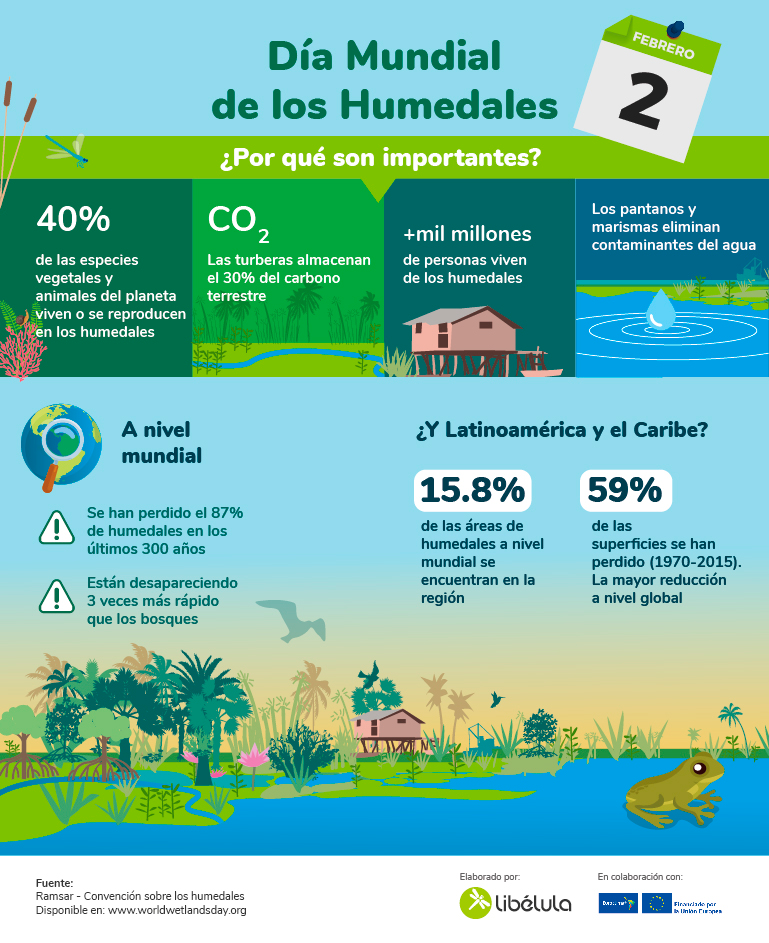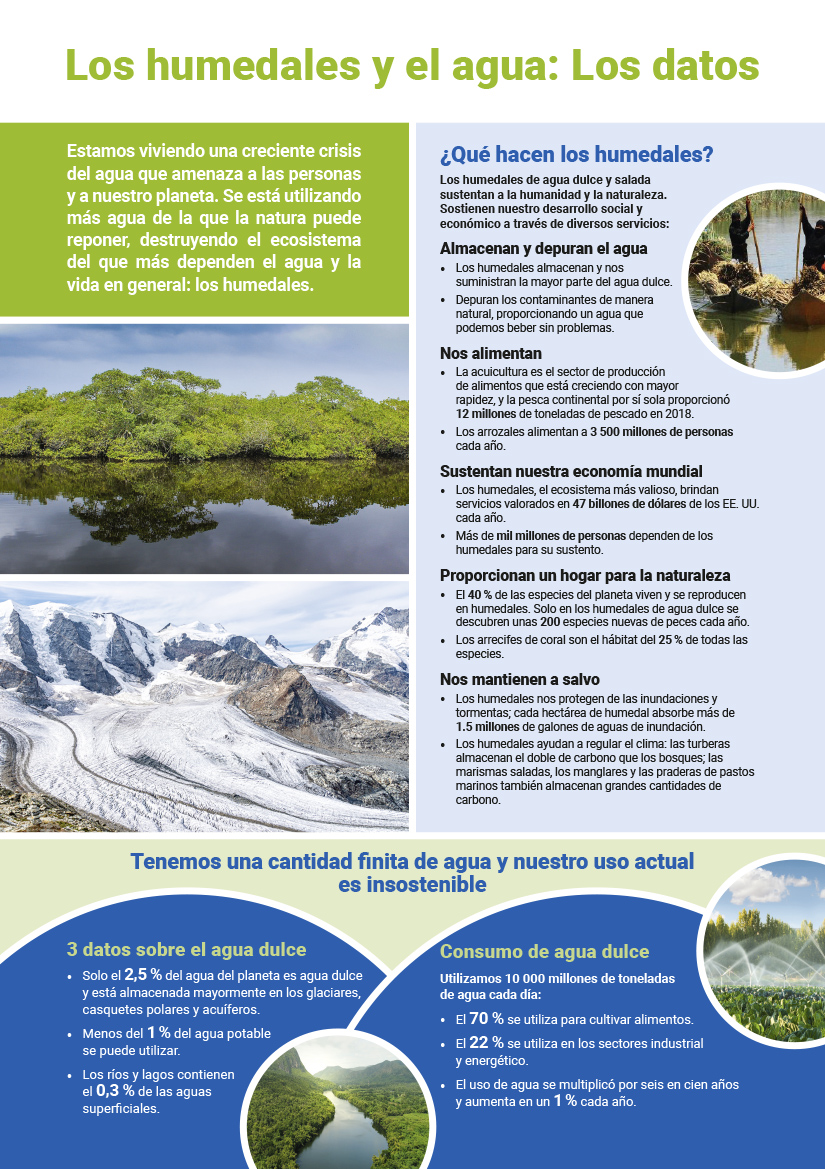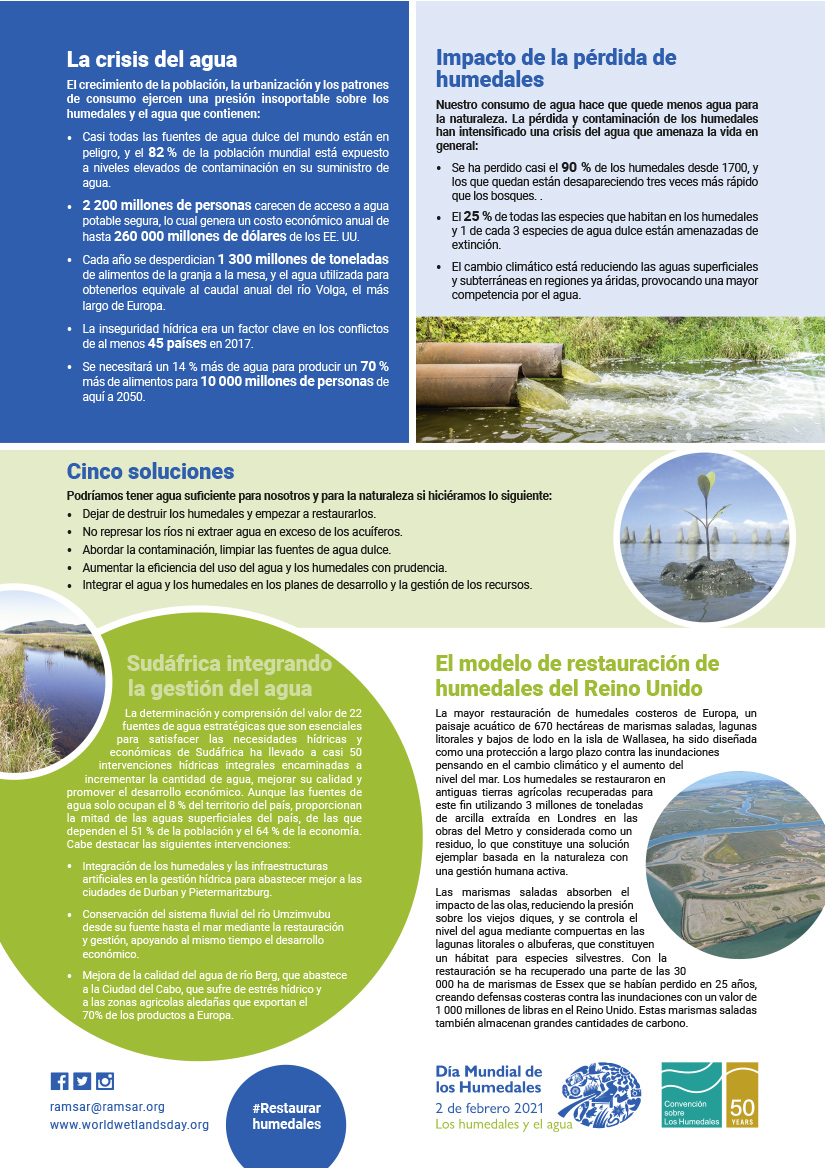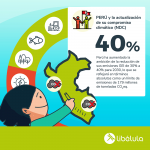The importance of wetlands for biodiversity

Today is World Wetlands Day and we commemorate the date on which the Convention on Wetlands was adopted on February 2, 1971.
Wetlands are areas that remain in flooded conditions for long periods of time. Although a wide variety of ecosystems are included in this term, all wetlands share a primary property: water plays a fundamental role in determining their structure and ecological functions.
Water in wetlands may come from the sea, rivers, rainfall, or groundwater. The hydrological regime can be very variable in terms of the frequency and intensity of flooding and the permanence of the water. Wetlands have particular characteristics, such as their soils and the presence of plants and animals adapted to the conditions of these ecosystems.
Why are they important?
- They are productive environments and host an enormous variety of biological diversity and sources of water and primary productivity of which countless plant and animal species.
- They are indispensable for the benefits they provide to humanity, from freshwater supply, food and building materials, and biodiversity, to flood control, groundwater recharge and climate change mitigation.
- They play an important role in hydrological and biogeochemical regulation, and constitute a formidable biogeographic corridor in which species from tropical, subtropical and temperate regions coexist, resulting in a great diversity of environments, flora and fauna.
- They are reservoirs of biodiversity, providing food, shelter and breeding sites for numerous species of fish, some of which are migratory, as well as bird, reptile and mammal species that are threatened to some degree.
Learn more in this infographic:

More information at: https://www.worldwetlandsday.org/es/






